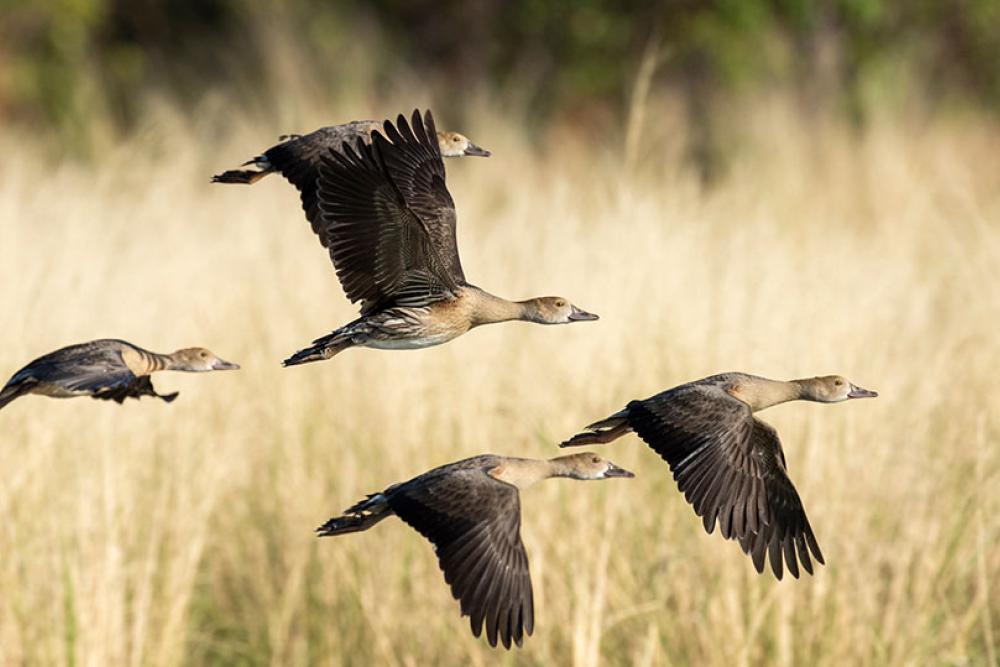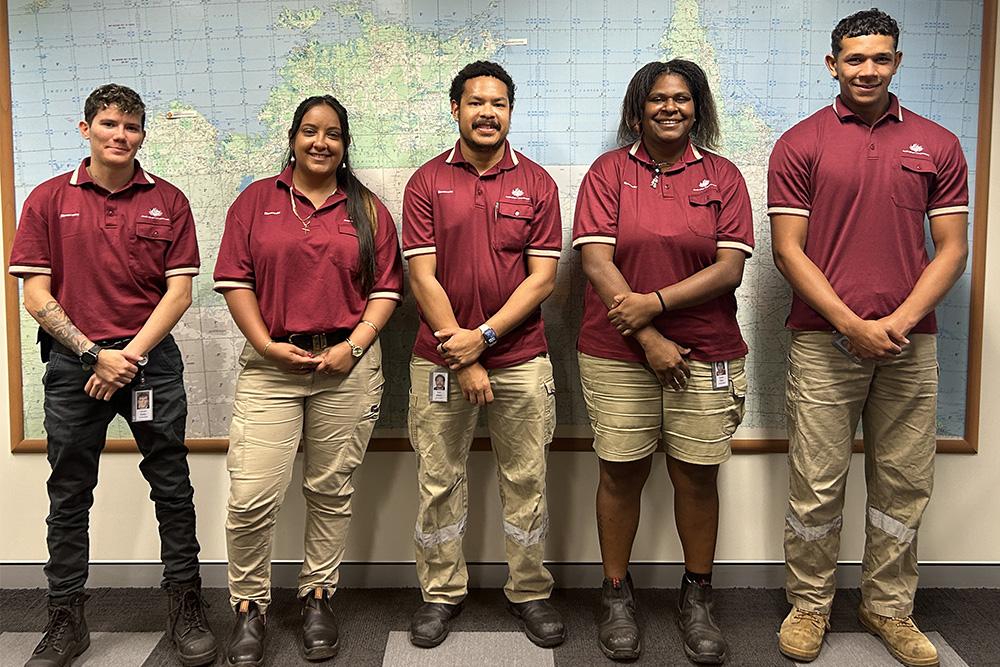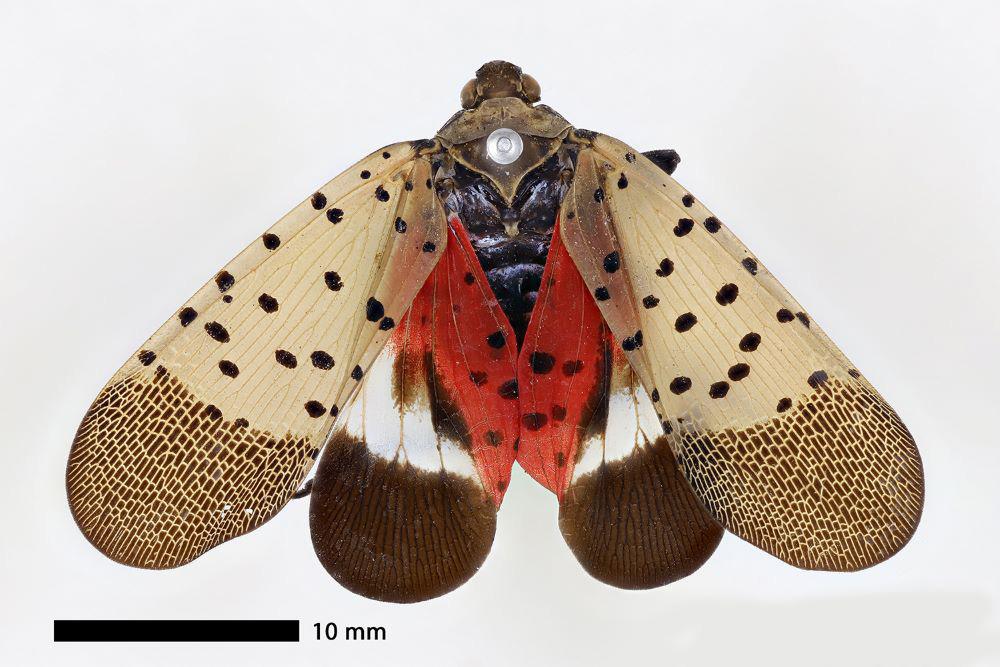The Department of Agriculture, Fisheries and Forestry has successfully eradicated an exotic ant which arrived at the Port of Brisbane and could have posed a serious biosecurity risk if they continued to spread.
Deputy Secretary of Biosecurity, Dr Chris Locke, said this successful eradication went beyond just managing an isolated incursion to treating a population that had begun to spread more widely.
“These exotic ants, identified as Pheidole fervens, originally from Singapore, could negatively impact our agricultural industries, natural ecosystems and our way of life,” Dr Locke said.
“They were discovered by a departmental National Border Surveillance team in the Port of Brisbane back in 2019. Post treatment surveillance at the site two years later showed no further detections. Given the similar all-clear result 12-months previously, this means that a successful eradication can now be declared.
“As a final precaution an additional surveillance exercise was carried out in October and November 2022, co-ordinated by the Operational Science and Surveillance Technical Response Section.
“The news that Pheidole fervens has been successfully eradicated in Brisbane is of major importance in the battle against exotic ants as it represents the first time we’ve been able to get rid of an entire ant species after it had established a foothold.
“The department took the lead on developing surveillance and treatment plans for the eradication and worked closely with the Queensland Department of Agriculture and Fisheries on this response.
“The department continues to protect Australia by applying biosecurity measures offshore, at the border and onshore.
“We’re committed to protecting Australia’s biosecurity status and our agricultural industries by minimising the entry of new pests, diseases and weeds.
“Biosecurity has played a critical role in reducing risk and shaping our nation to become one of the few countries in the world to remain free from the world’s most invasive pests and diseases.
“The use of surveillance and monitoring of the highest risk areas is critical along with border control activities, which focus on managing potential biosecurity threats at airports, seaports and mail centres.”



